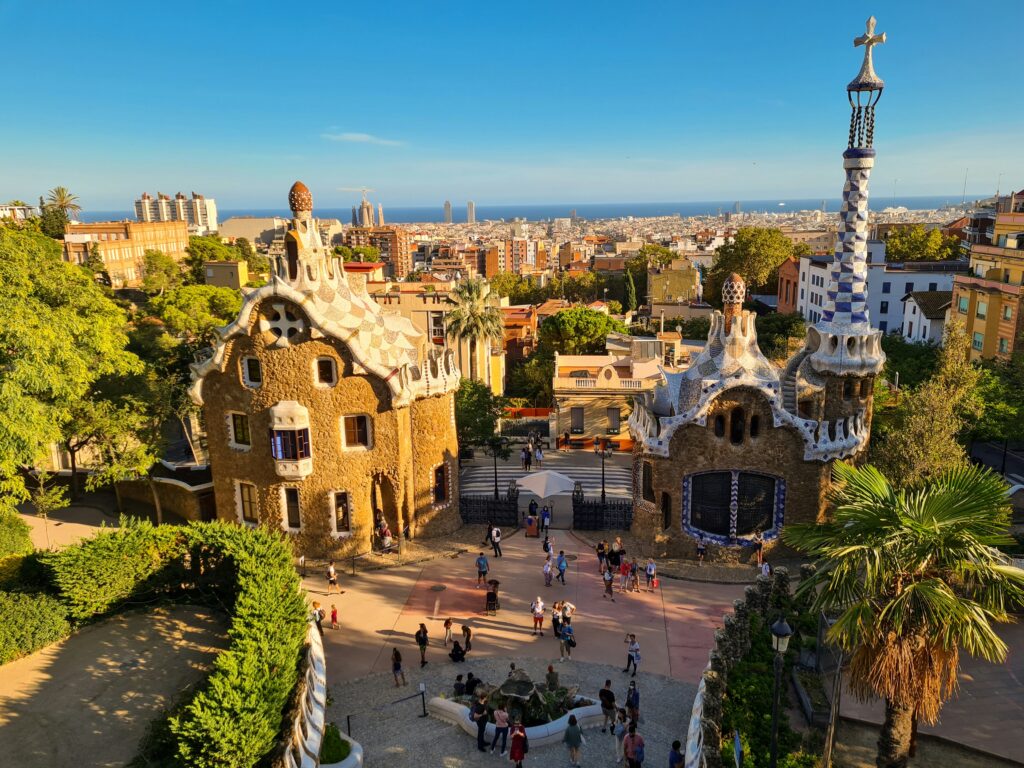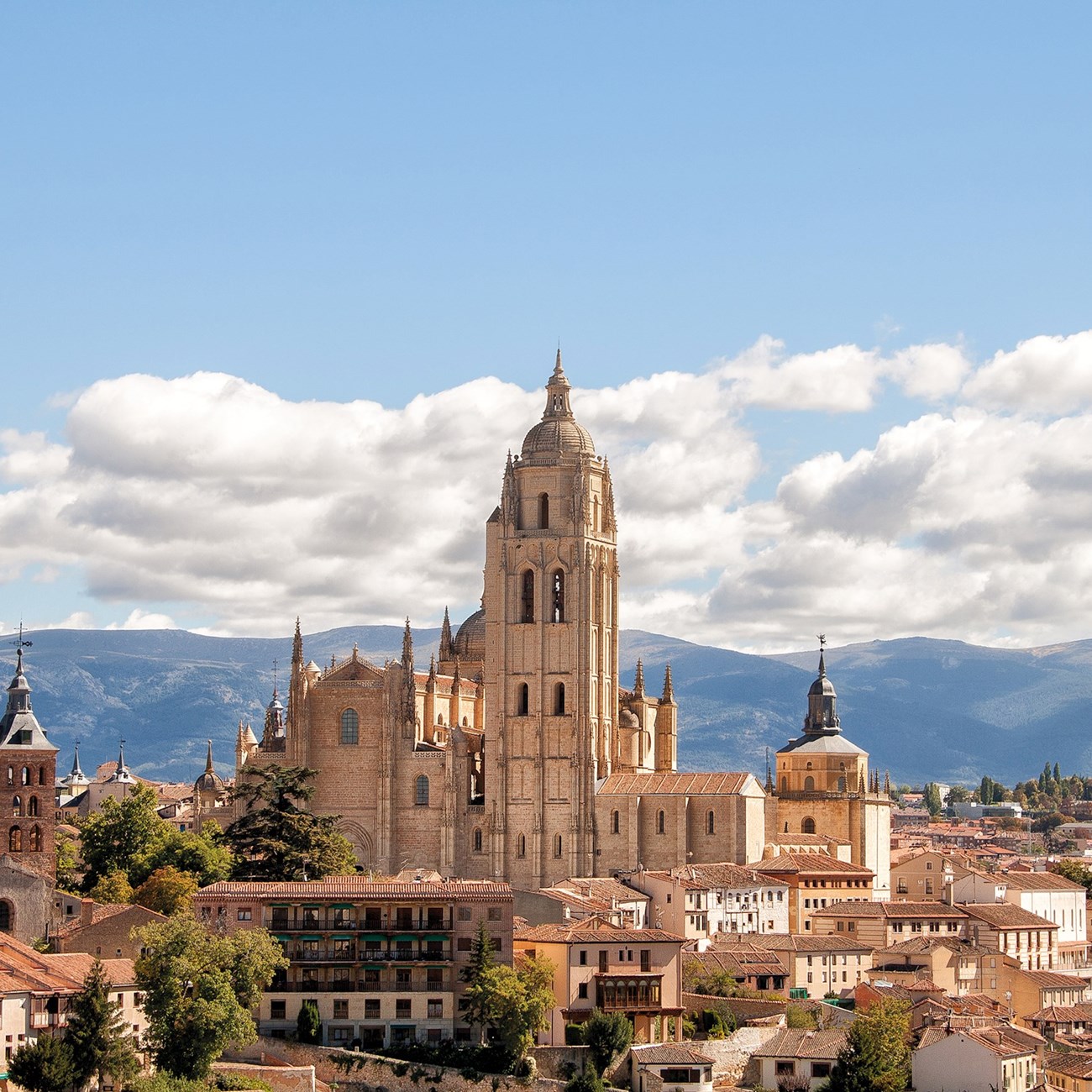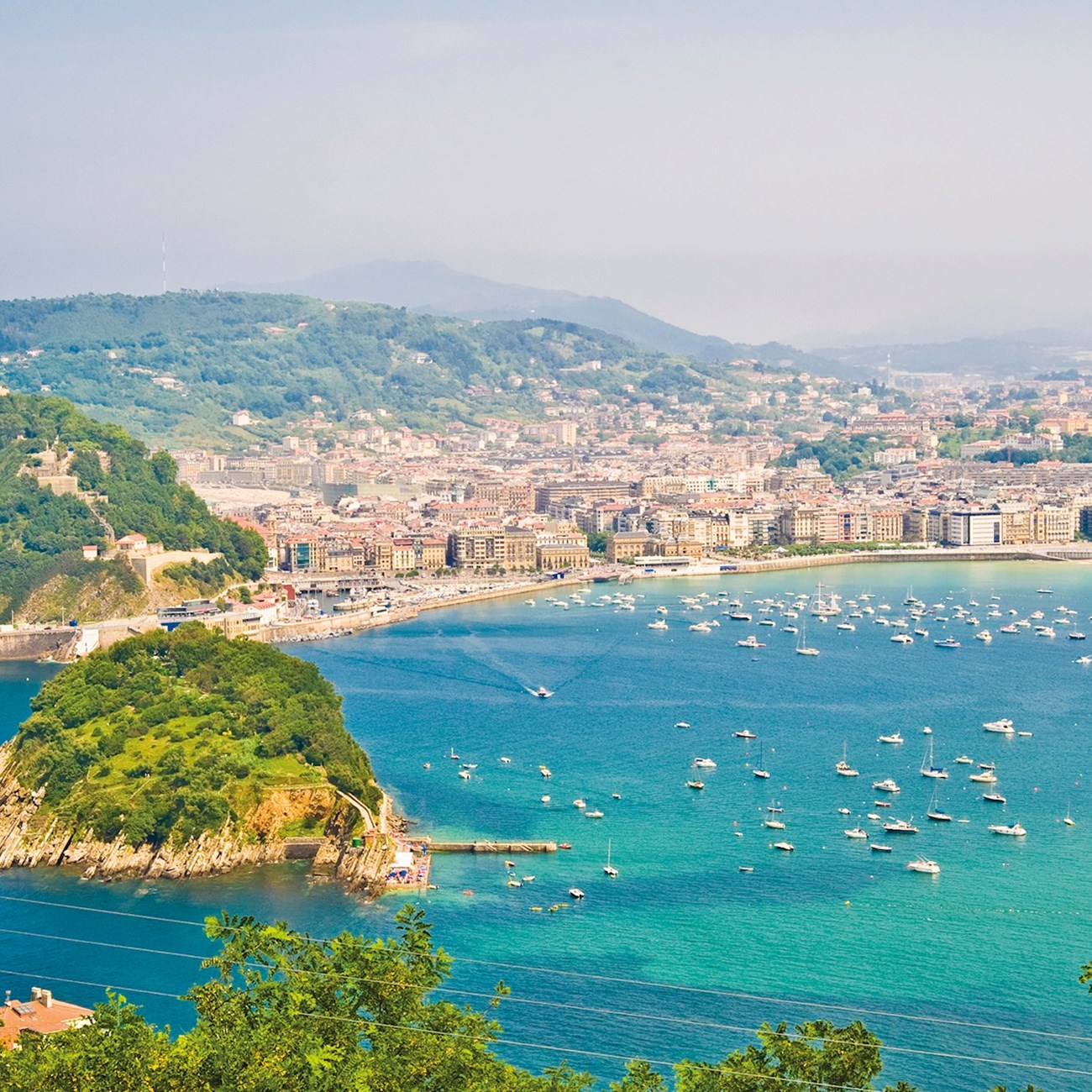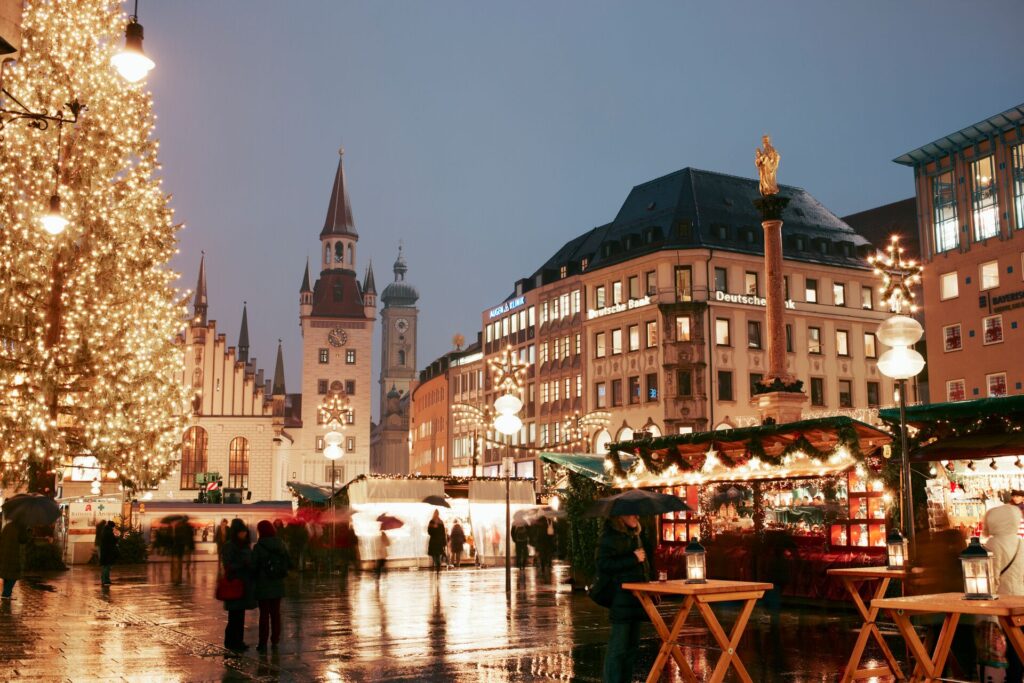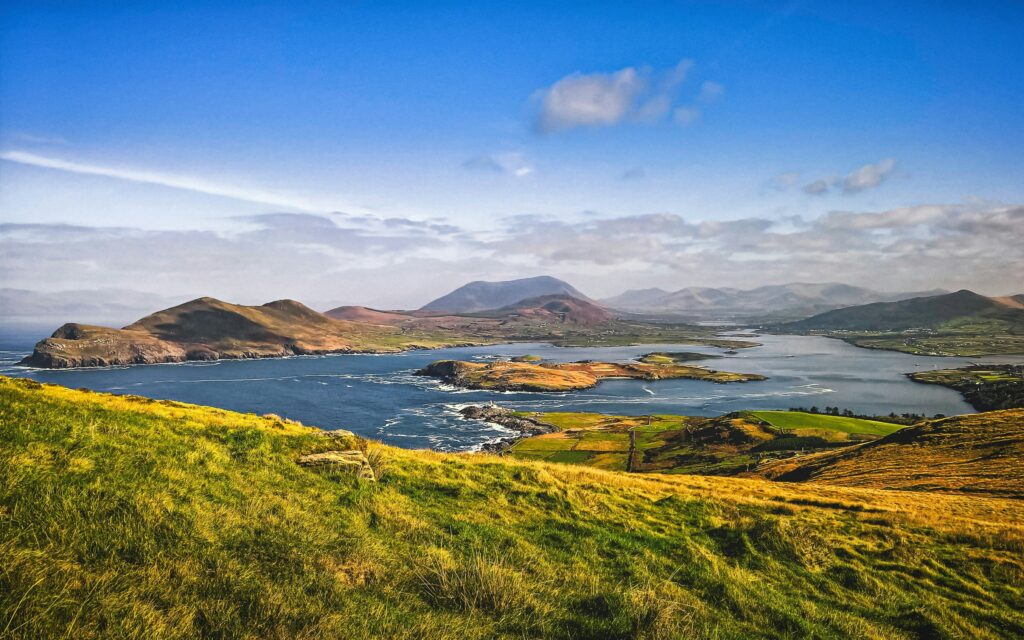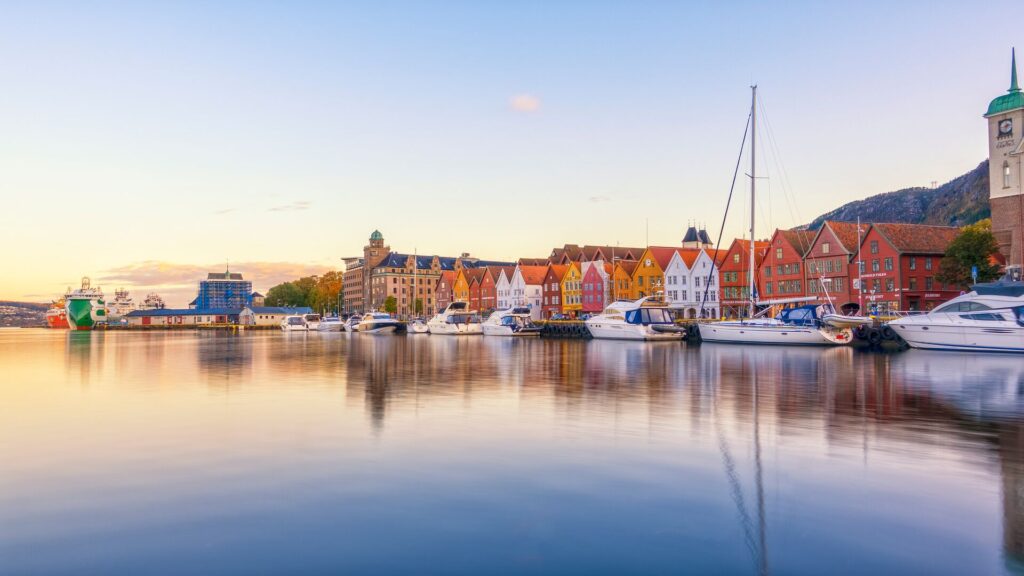Whatever you think you already know about the vibrant country of flamenco and tapas, prepare to be surprised by some of the most interesting facts about Spain, from a historic tomato fight to the world’s oldest restaurant, and the ever-evolving construction of La Sagrada Familia.
Before you explore this eclectic country in ‘Business Class’ style with Insight Vacations, get clued up on 25 of the most fun facts about Spain.
25 Interesting Facts About Spain
1. Spain has the third-largest number of UNESCO World Heritage Sites
Spain boasts an impressive 45 UNESCO World Heritage Sites, including national parks, cathedrals, and historic cities such as Alhambra and the works of Antoni Gaudí, like Park Güell (pictured above).
2. La Sagrada Familia has been in construction for over 100 years
One of those 45 UNESCO World Heritage Sites is La Sagrada Familia, Antoni Gaudí’s unfinished basilica. Found in the center of Barcelona, construction began back in 1882 and, after many delays, is set to be completed in 2026. When Gaudí died in 1926, only a quarter of the basilica was completed. Though unfinished, it’s still visually mesmerizing,
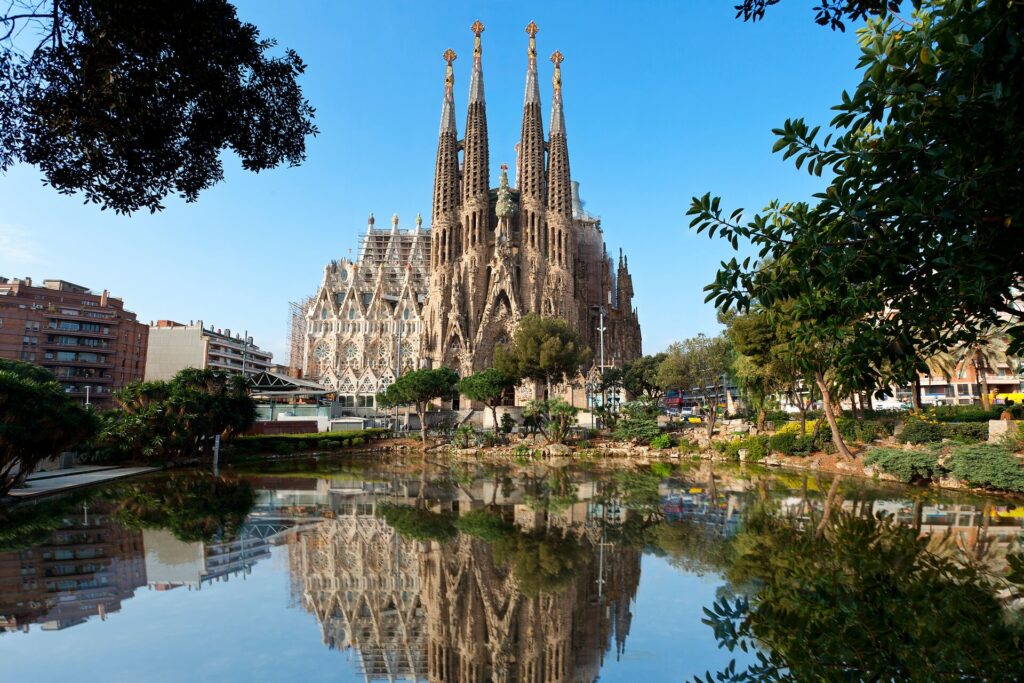
3. Spain hosts the world’s largest food fight
The world’s largest food fight is found in the small Spanish town of Buñol, where La Tomatina takes place each August when thousands of people congregate to throw tomatoes at each other. The earliest recorded instance of La Tomatina took place in the 1940s or 1950s, during Buñol’s traditional festivities celebrating its patron saint, San Luis Beltrán. Legend has it that a group of young people started throwing tomatoes at each other during a parade, and the chaotic but exhilarating scene quickly caught on. Over the years, the tomato fight became a highlight of Buñol’s annual celebrations.
4. Spanish is one of the most widely spoken languages in the world
With over 580 million speakers across the world, Spanish holds a prominent position as one of the most widely spoken languages in the world It’s the official language in 21 countries across Europe, Latin America, as well as parts of Africa (where it’s spoken in Equatorial Guinea) and Asia (where it’s spoken in The Philippines).
5. Spain’s national anthem has no words
Spain’s national anthem, “La Marcha Real” (The Royal March), is one of the few national anthems in the world that has no official lyrics. Throughout its history, a few attempts have been made throughout history to add lyrics, but none have stuck.

6. Football is like a religion
Spain’s first professional football league was established in the 1920, and it’s now home to one of the most celebrated football leagues in the world, La Liga, while the rivalry between Real Madrid and Barcelona attract millions of fans globally. Spain is also one of only two nations to have won both women’s and men’s World Cups, alongside Germany.
7. Tapas originated in Spain
While tapas can now serve as an entire meal, the word ‘tapa’ comes from the Spanish verb tapar, meaning ‘to cover’. Tapas came about when the bartender would put a slice of cheese or ham on a small plate, which would then be placed on top of the customer’s glass as a cover to stop any fruit flies from getting into the drink. Now, small bar snacks like olives or cured meats are served alongside drinks.
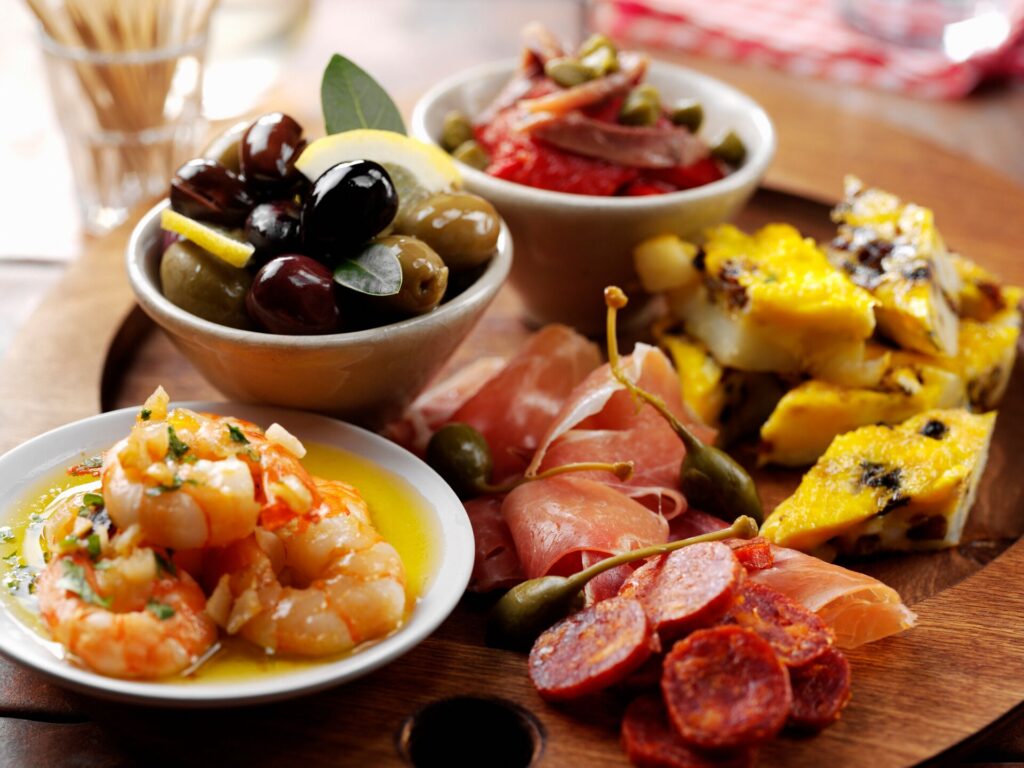
8. The world’s first modern novel is Spanish
Spain nurtured the author of the world’s first modern novel, “Don Quixote” (or “El Ingenioso Hidalgo Don Quijote de la Mancha”, translating as “The Ingenius Gentleman Don Quixote of La Mancha”), written by Miguel de Cervantes. It was originally published in two parts, in 1605 and 1615, and Cervantes’ narrative style built the foundation for the modern novel.
9. Spain produces 40% of the world’s olive oil
Spain is the world’s largest producer of olive oil, accounting for approximately 40% of global production – twice as much as Italy and four times as much as Greece. Spanish olive oil production works out at 1.2 million tons of olive oil annually. Southern Spain’s climate is perfect for olive trees, with the hub of olive oil production in Andalusia in the province of Jaén; about 70% of all Spanish olive oil comes from Jaén.
10. Spain is the birthplace of Flamenco
One of the most famous Spanish traditions, Flamenco originated in the 15th century in the Andalusia region – and this expressive dance form is now practised all over the world. It combines singing (cante), guitar playing (toque), dance (baile), and handclaps (palmas). In 2010, UNESCO declared flamenco a Masterpiece of the Oral and Intangible Heritage of Humanity.

11. 1936 saw the Spanish Civil War
In July 1936, a military revolt against the Republican government of Spain started the Spanish Civil War, beginning three years of brutal conflict. The war pitted left-leaning Republicans against right-wing Nationalists, with General Francisco Franco leading the latter to victory. The Nationalists won the war and ruled Spain until Franco’s death in November 1975.
12. Madrid is Europe’s second-highest capital city
Deep in the heart of inland Spain, Madrid holds the title of Europe’s second-highest capital city, standing at approximately 667 meters (2,188 feet) above sea level. It’s beaten only by Andorra la Vella, the highest capital city in Europe with an elevation of 1,023 meters (3,356 feet) above sea level.
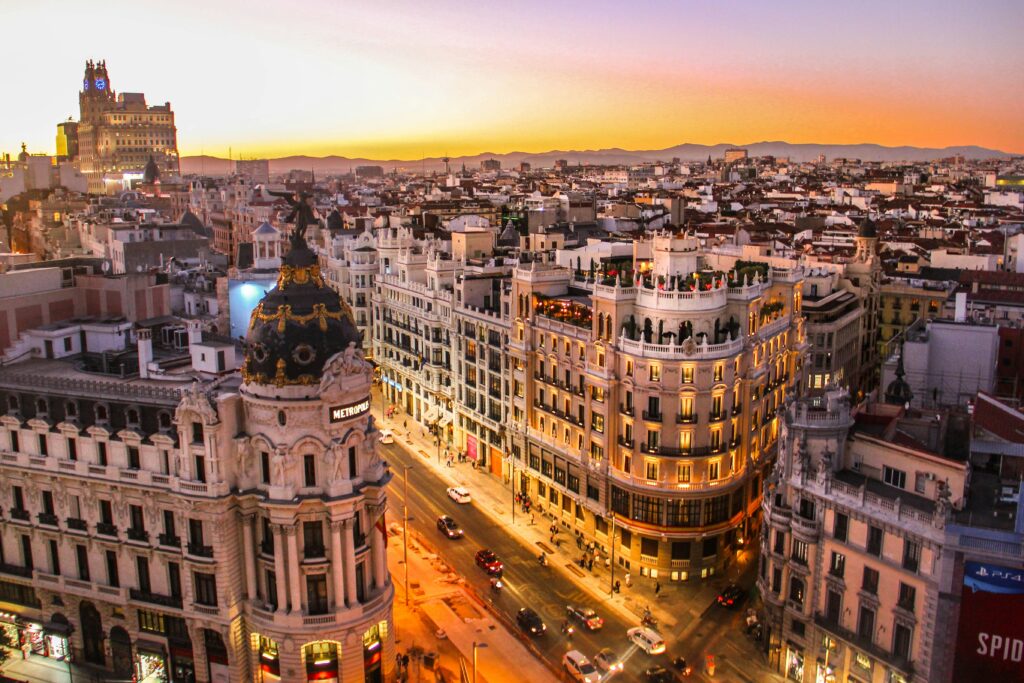
13. Spain has the world’s largest number of Blue Flag beaches
Not only is Spain’s coastline visually stunning, but the country also boasts the world’s largest number of Blue Flag beaches, with over 600 stretches of coastline meeting the highest standards of cleanliness, safety, and environmental management, and is certified by the Foundation for Environmental Education (FEE).
14. The world’s oldest restaurant is in Spain
Sobrino de Botín is said to be the world’s oldest restaurant, and you can find it in Spain’s capital city, Madrid. Established in 1725, this iconic restaurant has been serving traditional Spanish cuisine for over three centuries, earning it a place in the Guinness World Records. Sobrino de Botín still uses the same cast-iron wood-burning stove installed at the restaurant’s opening in 1725! As interesting facts about Spain go, this is one you can bookmark for your next trip.
15. Siestas are an important part of Spanish culture
Siestas are still an important part of Spanish life, originating as a way to escape the heat of the day. The afternoon nap embodies the country’s more relaxed pace of life when compared to its European counterparts. Siesta means ‘sixth hour’, indicating the time of day when shops would close in the afternoon.
16. The Moors occupied Spain for 800 years
One of the more historic interesting facts about Spain, the Moors were a group of North African and Arabian Muslims who colonized Spain and Portugal in the 8th century. Their presence in Europe ended with the fall of Grenada in 1492, but their influence can still be seen throughout Spanish culture, architecture, and cuisine, from intricate geometric patterns adorning mosques and palaces to introduction of citrus fruits and rice as staple foods.
17. The tradition of the Running of the Bulls dates back over 400 years
Pamplona in northern Spain is home to the famous San Fermín festival, which includes the running of the bulls. Anyone can take part, and the festival runs for 9 days. At the beginning of each day the bulls are set loose on a half-mile stretch of city streets, while locals – called mozos – will run alongside them. It’s a dangerous affair, and not for the faint-hearted. If you go, make sure to wear the uniform of white shirt and trousers, accented with a red pañuelo (bandana) and faja (sash).

18. Spain is on Central European Time
One of the most technically interesting facts about Spain, geographically speaking, Spain should be in the GMT time zone along with Portugal and the UK. However, during WWII, Spain’s dictator Francisco Franco Bahamonde aligned the country’s clocks with Germany, moving it to Central European Time – and it’s never been changed.
19. Spain has over 1,000 islands…
Spain boasts 505,000 square kilometers of landmass, and its 1,000 or so islands account for 12,500 km² of that, including Mallorca, Menorca, Ibiza, and the Canary Islands.
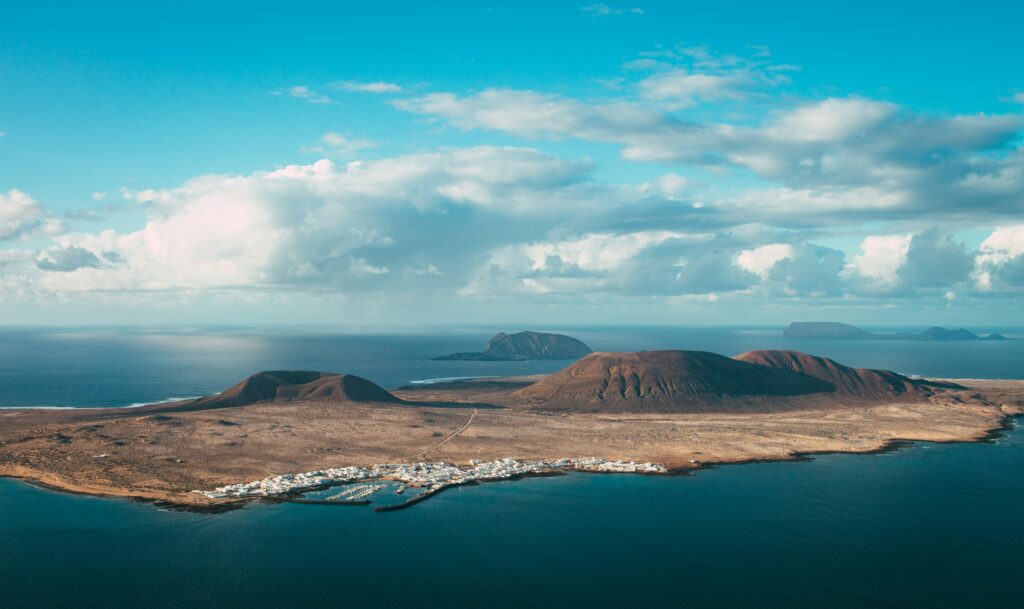
20. … and the Canary Islands have distinct microclimates
The Canary Islands were formed by volcanic eruptions and have a subtropical climate, but they’re by no means the same. Each of the seven main islands (Tenerife, Fuerteventura, Gran Canaria, Lanzarote, La Palma, La Gomera, and El Hierro) has its own unique weather patterns and ecosystems, meaning they differ greatly in their environments and flora and fauna, from verdant forests to desert landscapes.
21. Spain has four official languages
Spanish isn’t Spain’s only official language; Catalan, Galician, and Basque are also nationally recognized languages. Spanish is the most widely spoken language, while Catalan is predominant in Catalonia and the Balearic Islands, Galician in Galicia, and Basque in the Basque Country and parts of Navarre.
22. Spain is serious about its restaurant scene
Spain is home to the highest number of restaurants and bars per capita in the world, so you’re never short of somewhere to grab a spot of tapas or café con leche. With approximately 260,000 bars throughout the country, you’re well-placed to try sangria or tinto de verano.
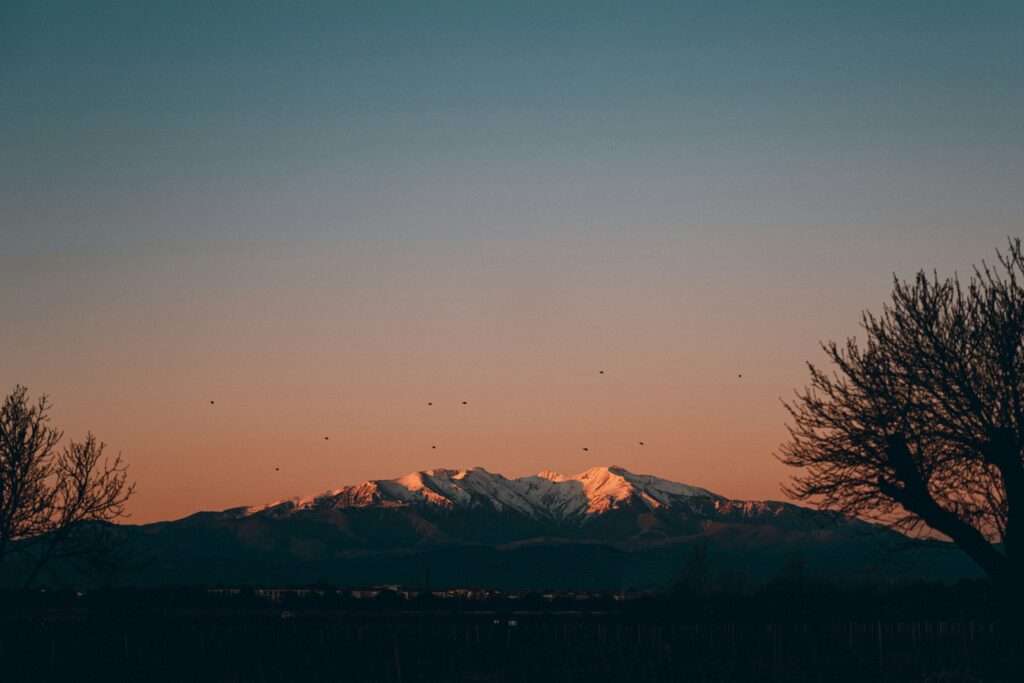
23. Spain is a mountainous country
Spain is the second most mountainous country in Europe, beaten only by Switzerland. From skiing to hiking, you can explore Spanish mountain ranges including the Pyrenees mountains and Sierra Nevada.
24. Spain is home to a wine fountain
Along the Santiago de Compostela pilgrimage route in northern Spain, if you stop at the Bodega Irache Winery you’ll find a free wine fountain. A tradition since 1891, it allows pilgrims to enjoy sips of wine throughout their journey. The red wine is refreshing and chilled, but be warned – it’s also very strong.
25. Spaniards see in the New Year with 12 grapes
Forget a glass of Champagne – in Spain, the New Year’s Eve countdown is marked with 12 grapes. Each grape is eaten as the clock strikes midnight, one grape for each chime, with the tradition said to bring good luck in the new year.
Feeling inspired by these interesting facts about Spain? Discover all that Spain has to offer in ‘Business Class’ style on an Insight Vacations Spain guided tour.
